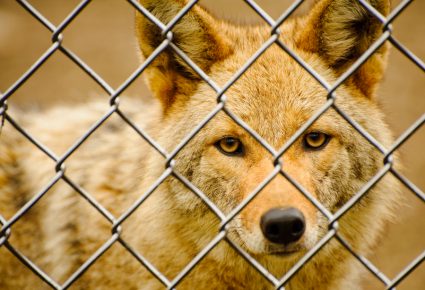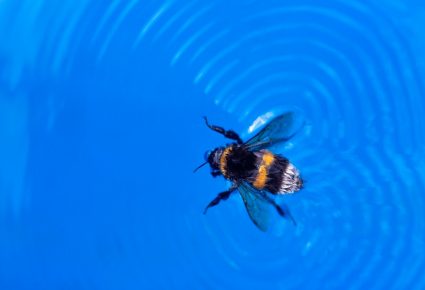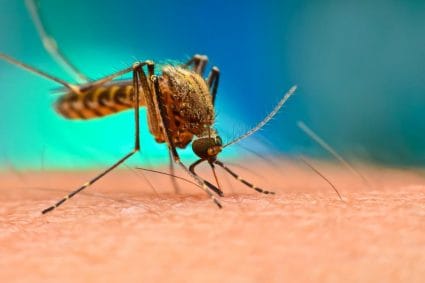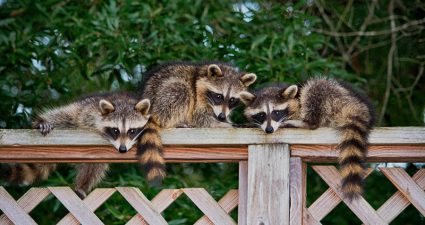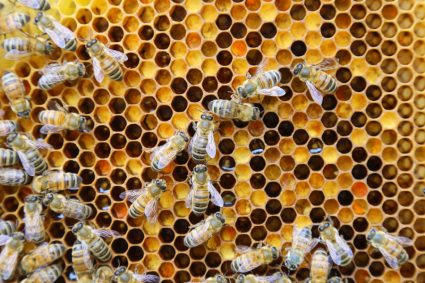
Raccoons, with their cute faces and bushy tails, may seem harmless, but they are notorious for causing extensive property damage and being potential carriers of diseases such as rabies. Whether they’re rummaging through your trash or making a home in your attic, raccoons can be a nuisance. This comprehensive guide will help you understand the best raccoon repellents available in the market, natural solutions, and best practices for maintaining a raccoon-free environment.
The best repellent for raccoons can vary based on personal preferences and specific situations. Commercial repellents like Mint-X Trash Bags, Havahart Critter Ridder 3146 Animal Repellent, and Nite Guard Solar are highly effective. Natural repellents such as a cayenne pepper and onion mixture, ammonia-soaked rags, mothballs, and a hot sauce spray can also be used. Good practices like removing food sources, eliminating shelter, installing deterrents, and protecting your garden are crucial to maintaining a raccoon-free environment.
Commercial Repellents
Commercial repellents usually contain strong scents or tastes that raccoons find unpleasant. Here are some of the most effective commercial repellents:
Mint-X Trash Bags
These trash bags are infused with a mint fragrance that raccoons dislike, making them an excellent deterrent.
Havahart Critter Ridder 3146 Animal Repellent
This repellent contains capsaicin, piperine, and black pepper oil, which raccoons find offensive.
Nite Guard Solar
An environmentally friendly option, this predator light has been shown to repel raccoons effectively.
Natural Repellents
For those who prefer a more natural approach, there are several homemade solutions that can effectively repel raccoons. These include:
- Cayenne Pepper and Onion Mixture: Boiling cayenne pepper and onion in water creates a natural raccoon repellent. For added potency, you can add hot sauce to the mix.
- Ammonia-soaked Rags: The strong smell of ammonia is disliked by raccoons. Strategically placing ammonia-soaked rags around your property can help deter them.
- Mothballs: A common household item, mothballs can be placed around your house to deter raccoons.
- Hot Sauce Spray: A mixture of hot sauce and mild dishwashing soap in a large spray bottle can be sprayed onto plants surrounding your home.
Best Practices for a Raccoon-Free Environment
Maintaining a raccoon-free environment requires a combination of repellents and good practices. Here are some tips:
- Remove Food Sources: Secure your trash cans and avoid leaving pet food outdoors.
- Eliminate Shelter: Seal any gaps or cracks that could provide entry points for raccoons.
- Install Deterrents: Motion-activated lights or sound deterrents can scare raccoons away.
- Protect Your Garden: Install a mesh cage around your vegetable garden or fruit trees to keep raccoons from accessing them.
Remember, raccoon repellents and deterrents have limited efficiency, and it’s essential to combine multiple methods to achieve the best results. If you’re dealing with a persistent raccoon problem, consider contacting a professional wildlife removal service for assistance.
In conclusion, there is no one-size-fits-all solution to repelling raccoons. The best repellent for you will depend on your specific situation and preferences. Experiment with different methods and find what works best for you. Stay persistent, and with time, you’ll be able to maintain a raccoon-free environment.
Frequently Asked Questions
Can I use ultrasonic repellents to deter raccoons?
Yes, ultrasonic repellents can be used to deter raccoons. These devices emit high-frequency sounds that are unpleasant to raccoons but are not audible to humans. However, their effectiveness can vary and they are often used as a supplementary deterrent rather than a standalone solution.
Are there any plants that naturally repel raccoons?
Yes, certain plants like mint and cayenne pepper are known to repel raccoons. Planting these around your property can help deter these creatures.
Is it legal to trap raccoons?
The legality of trapping raccoons varies by location. In some areas, it’s legal to trap nuisance wildlife like raccoons, while in others it may be prohibited or require a permit. Always check local laws and regulations before attempting to trap raccoons.
Can raccoons be dangerous to pets?
Yes, raccoons can be a threat to pets. They are known carriers of diseases like rabies which can be transmitted to pets through bites or scratches. They can also be aggressive if they feel threatened or cornered.
Will raccoons leave on their own?
Raccoons are opportunistic creatures and will often leave an area once food sources or shelter are no longer available. However, if a raccoon has established a den or has access to a consistent food source, it may be more difficult to encourage them to leave.

